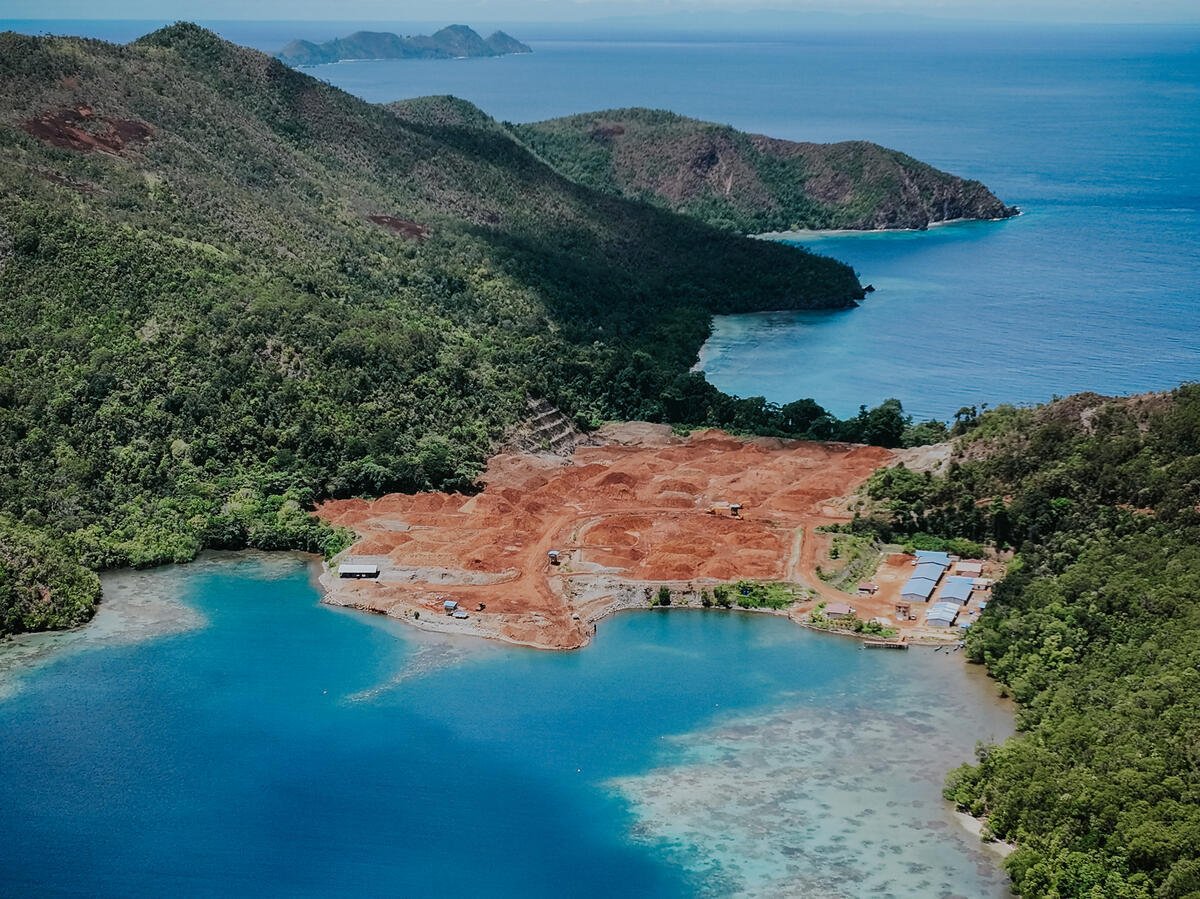
Executive Summary
In June 2007, the International Labour Organization (ILO) created the Work in Fishing Convention (No. 188). The ILO C-188 was aimed at ensuring decent working conditions for fishers aboard fishing vessels, specifically with regard to conditions of service, accommodation and food, occupational safety and health (OSH) protection.
The convention was made to fill the absence of labour protections in the fisheries sector, which is excluded from the Maritime Labour Convention of (MLC) 2006. It requires countries that ratify it to adopt policies that ensure commercial fishers are not tainted with the practices of forced labour, trafficking in persons and modern slavery. The convention highlights some keywords such as social security, fisher’s work agreement, humane working conditions, access to fair settlement on disputes in connection with a fisher’s work agreement, and labour inspections to ensure the aforementioned factors. This ‘Roadmap Recommendations for the Ratification of ILO Convention 188’ is made to map out and provide input to policy makers in Indonesia regarding the extent to which existing rules, practices, and regulations are in accordance with protection norms in the C-188. This document contains analyses of conformity with existing regulations, stakeholders’ opinions on the implementation of the existing regulations, and nine points of recommendations.
Almost everyone interviewed for this recommendation agreed that Indonesia must ratify the C-188 as a guide to improve the governance of fisheries workers. However, they also highlighted that, to prevent overlapping authority between ministries and institutions, it is important to make sure that the national regulatory governance is ready.
Some rules and regulations that are already in place today have reflected some principles in the C-188. There are flaws in the implementations, especially the ones that are related to the working contract, recruitment mechanism and labour inspections. These three factors are the pillars of successful protection for the Indonesian fishers. Indonesia needs to step-up its commitment by officially ratifying the C-188.
In addition to the basic norms of protection, ratifying C-188 would increase Indonesia’s bargaining power as a maritime country and seafood exporter at the international level. It would also increase public trust towards the country’s capability of ensuring welfare and protection of fishing crew.



